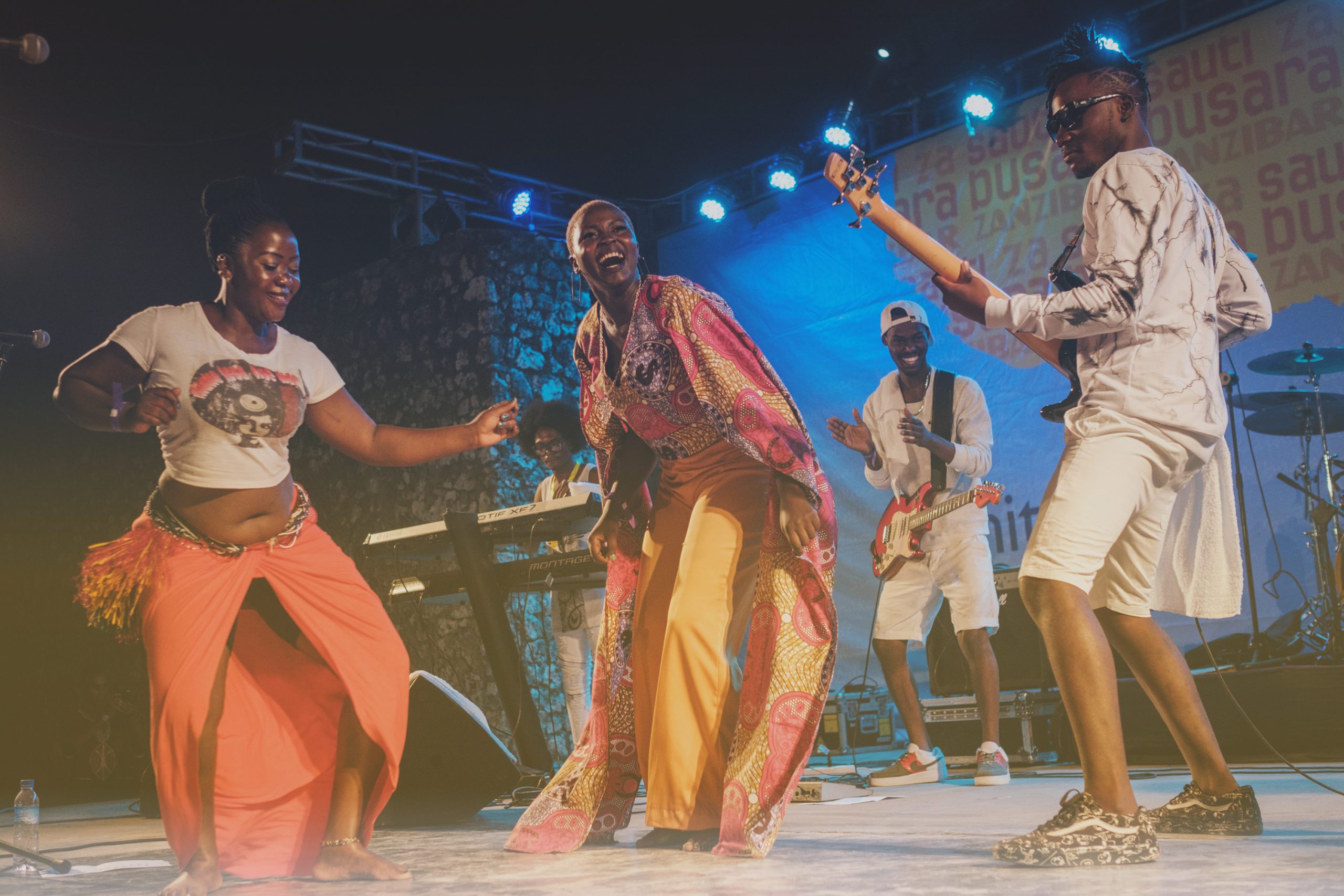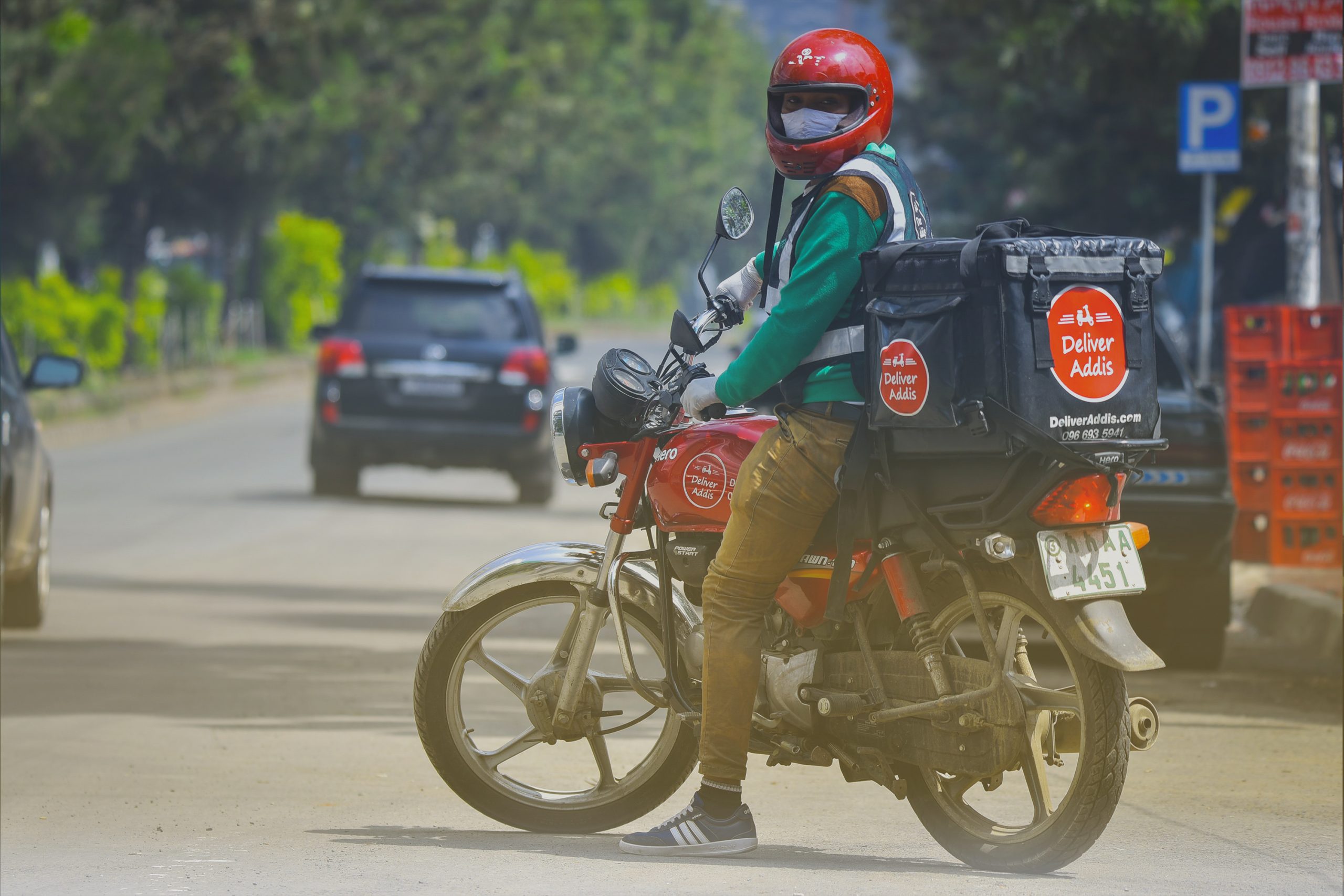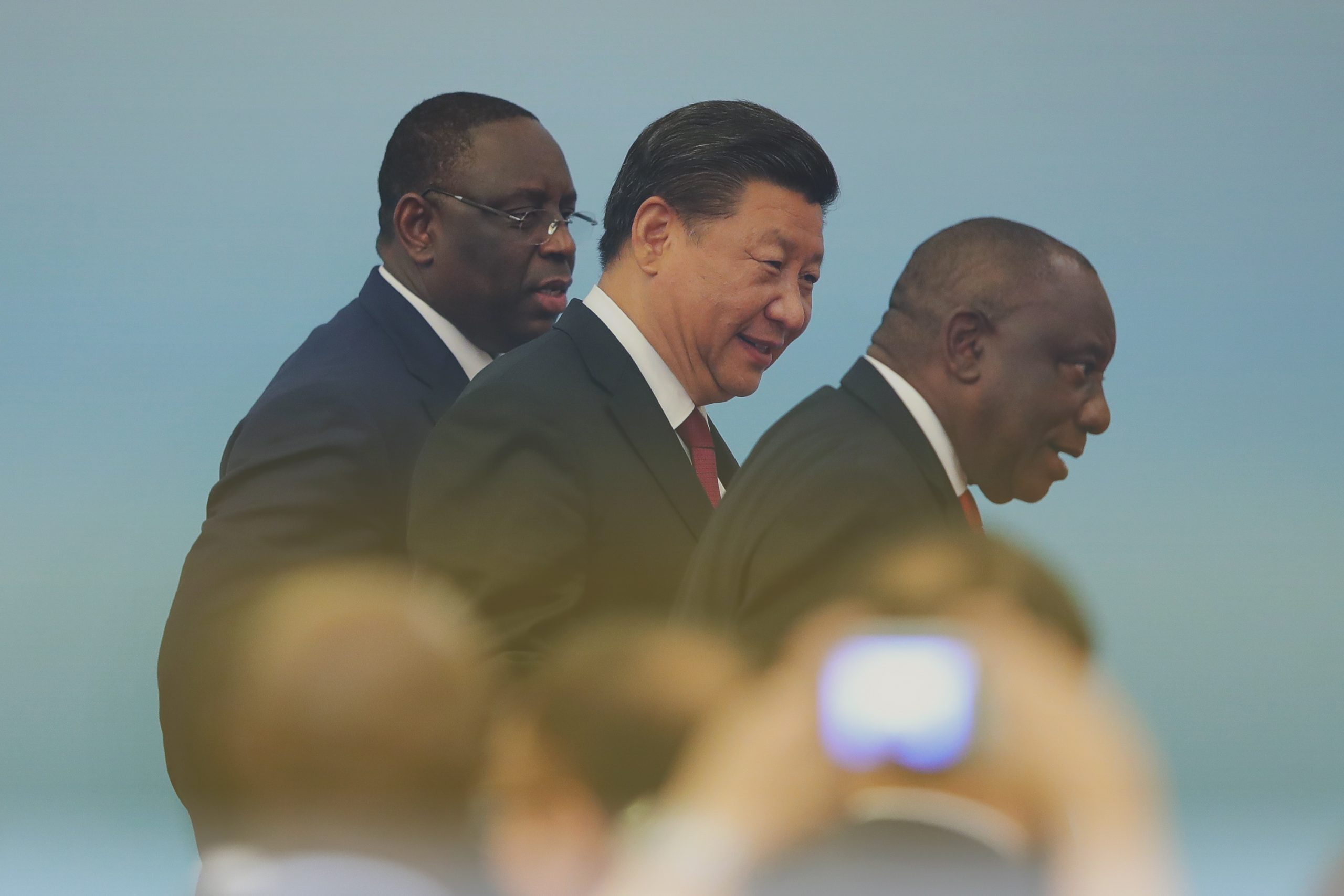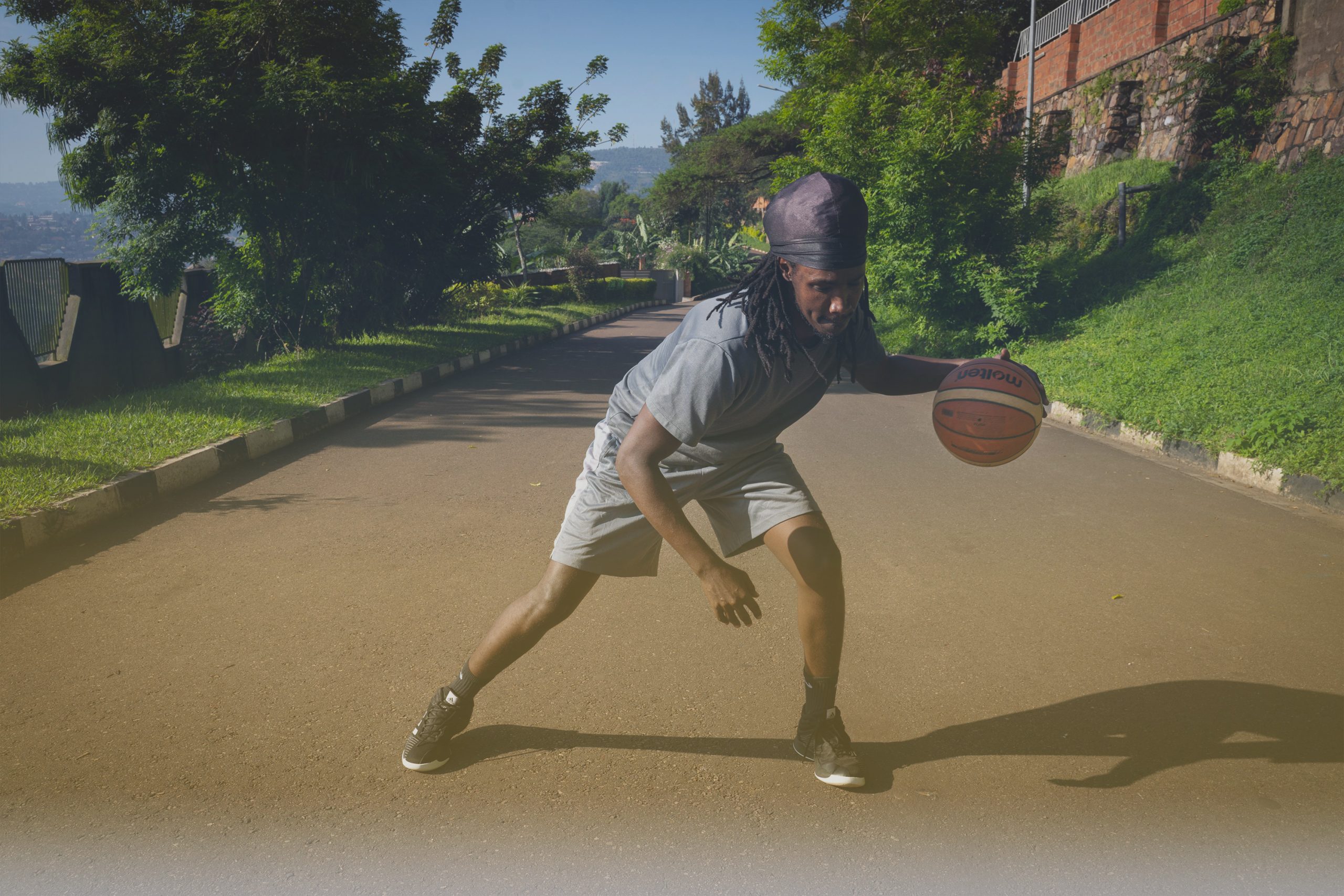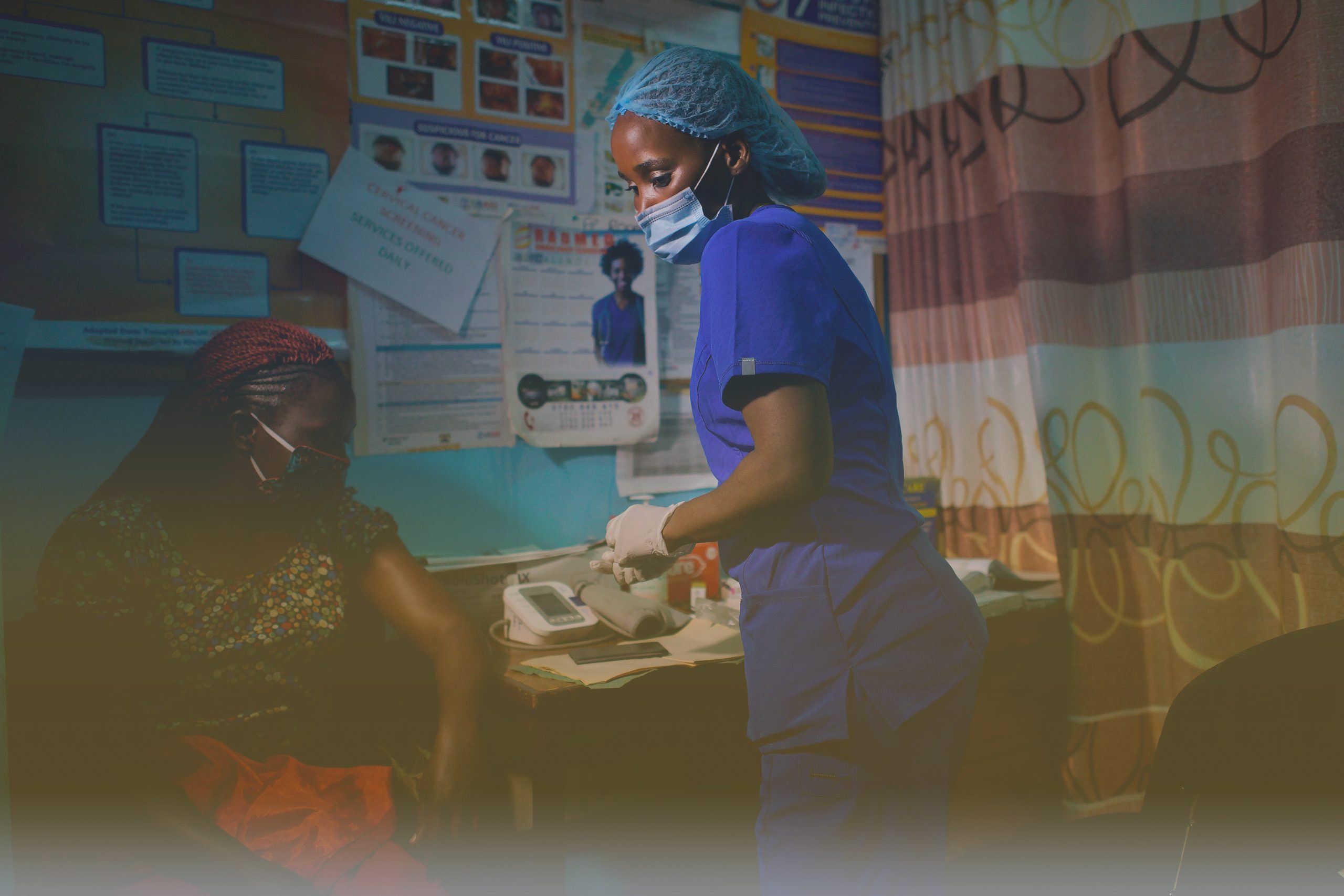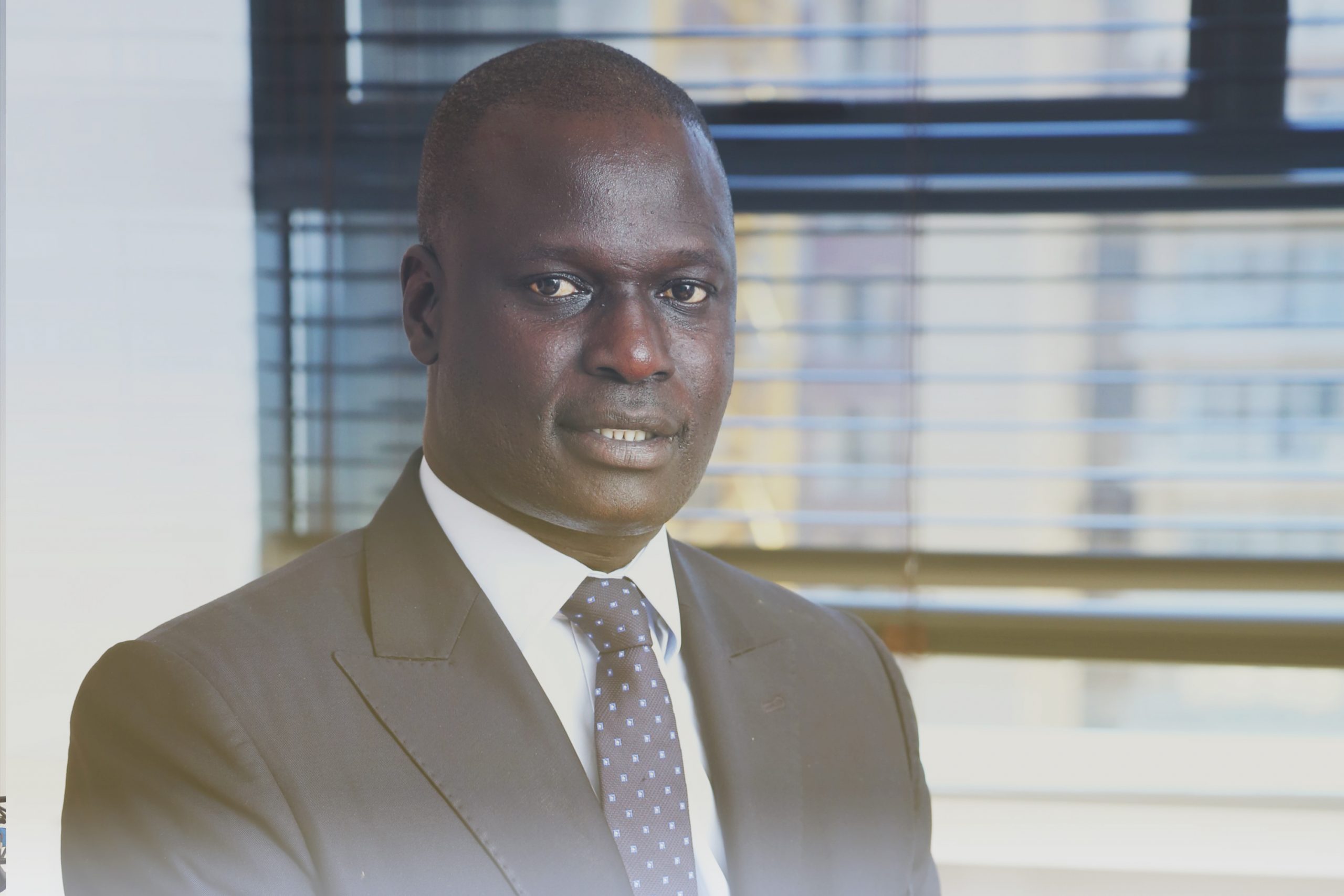In Rwanda, at the onset of the pandemic, the empty Kigali Arena stood as a symbol of the country’s abrupt slide from normalcy. President Paul Kagame cut the ribbon to mark the opening of the monumental 10,000 seat arena in August of 2019. “This arena is not just a decoration to be visited on Christmas and New Year. It was built to host the best basketball players of Rwanda and Africa, for them to train, play and win here,” President Kagame said upon the opening day. At the time, no one envisaged the seats would remain empty and basketball fans would be forced to watch the mosaic decorations on the Kigali Arena’s vaults from afar. Yet almost a year on from the grand opening, instead of people cramming into it, Kigali Arena has found itself deserted.
In March, social distancing rules and travel restrictions forced Rwanda to shut down by the inexorable march of an invisible assailant. Even the earliest understanding of COVID-19’s epidemiology made it clear to see the harm that packing sporting arenas with players and spectators could have. Consequently, the spread of the novel Coronavirus affected the staging of sporting events across all corners of the world.
One of the first high-profile sporting events to be affected in Africa was the highly-billed final phase of the inaugural Basketball Africa League (BAL). This year a string of clubs were set to lock horns, with matches staged across seven cities in six African countries. Seen as a potential game changer for African basketball, the competition’s business end had been penciled in to take place at the Kigali Arena.
The Kigali Arena is a venue that Patriots fans look back on with much fondness. Last September, they outlasted Rwanda Energy Group 65-59 in a Rwanda basketball league decider that left fans on the edge of their seats. The match was the first played at the arena, and in crowning the Rwandan Patriots champions, also secured their victorious passage to the BAL qualifiers. The balance of power shifted in Patriots’ favour during the topsy-turvy BAL qualifiers in Dar es Salaam, Tanzania. They were amongst the 12 teams that hoped to go above the rim before the Coronavirus pandemic.
“We had beefed up our team with foreign players. We had brought in coaches from the US, Kenya and Burundi to beef up our technical team. We had also started to work on the mentality of our home-based players,” says Patriots president, Brian Kirungi.
Kirungi spoke in the past tense, because a fortnight before tip-off the inaugural BAL tournament was put on the back-burner. Suddenly, athletes across the globe have found themselves benched. While they are doing their best to retain fitness and motivation with individual workout routines, a hard road ahead beckons before any sense of normalcy returns for professional athletes.
The BAL is but one of several high-profile sporting events in Africa that have found themselves having to play a new game: waiting. Many event organisers have been compelled to wait, with no guarantee of a satisfying resolution. The Cricket World Cup Challenge League B, whose second round of matches were scheduled to be played in Uganda in June, remains postponed indefinitely. Two African nations, including Uganda and Kenya, are part of the six-nation event that serves as a pathway to the 2023 Cricket World Cup.
The 2020 African Nations Championship had also been placed on the back-burner, but will now take place in January of 2021. The tournament, together with the Africa Cup of Nations finals and inter-club competitions, are part of the flagship events that Confederation of African Football (Caf) recently announced will be staggered post-lockdown. While announcing the raft of changes Caf president, Ahmad Ahmad, said that having to play two Afcon finals in successive years (2022 and 2023), with a Fifa World Cup in-between for good measure, was enforced.
“Health is our number one priority. We must remain vigilant,” the Malagasy said in a Zoom video-call to stakeholders. Then there is the big one — the Tokyo Olympics. Only nine Africa countries won medals at the last Olympics in Rio de Janeiro, with Kenya leading the way in 15th position with 13 medals. The continent’s top athletes were raring to go, with Kenya keen to dominate events like the steeplechase. The pledge by the International Olympic Committee (IOC) to have the Games of the XXXII Olympiad run from July 24 to August 9, even as COVID-19 left a trail of destruction, left many athletes in jeopardy and at risk as they continued to train. Critics shuddered at the prospect of the Olympic Games taking place as the world grapples with the Coronavirus pandemic. Measures such as social distancing — while aimed at taking the string out of the seemingly inexorable march of COVID-19 — negatively impacted training regimens. Marathoners, who tend to run in packs whilst training, were having such a hard time of it going about business while keeping a social distance. Boxers were primed to shadow-box their way to irrelevance.
Forming another haunting subtext were those athletes that were still looking to qualify to the big time. With countries closing their borders and moratoriums put on sporting events, the qualifying window seemed almost to fade from view. The IOC eventually had a change of heart on 24 March, 2020. The relief of athletes in the wake of the official postponement could barely be concealed. Many heaved a sigh of relief as they could now concentrate on fighting what is preoccupying all of us — COVID-19.
It remains to be seen where the ebb and flow of the pandemic’s waves will leave sport on the continent. The only thing we know for sure is COVID-19 is relentlessness. The World Health Organisation has warned that there might never been a magic bullet, even when a vaccine is approved and distributed. It has for now proffered control, with testing and tracing being the most useful tools. National football leagues that have attempted to resume have been dogged by positive tests, with cases in Egypt and Zambia well documented. Continental football governing body, Caf, is however determined to stage Confederation Cup and Champions League. The semi-final ties have been lined up to take place at the backend of September with the one-off Champions League final being staged in the first weekend of October. All matches will be played behind closed doors, with stadium seats empty; this new normal looks set to stay put for the foreseeable future.
Cover photo by SIMON WOHLFAHRT/AFP via Getty Images

